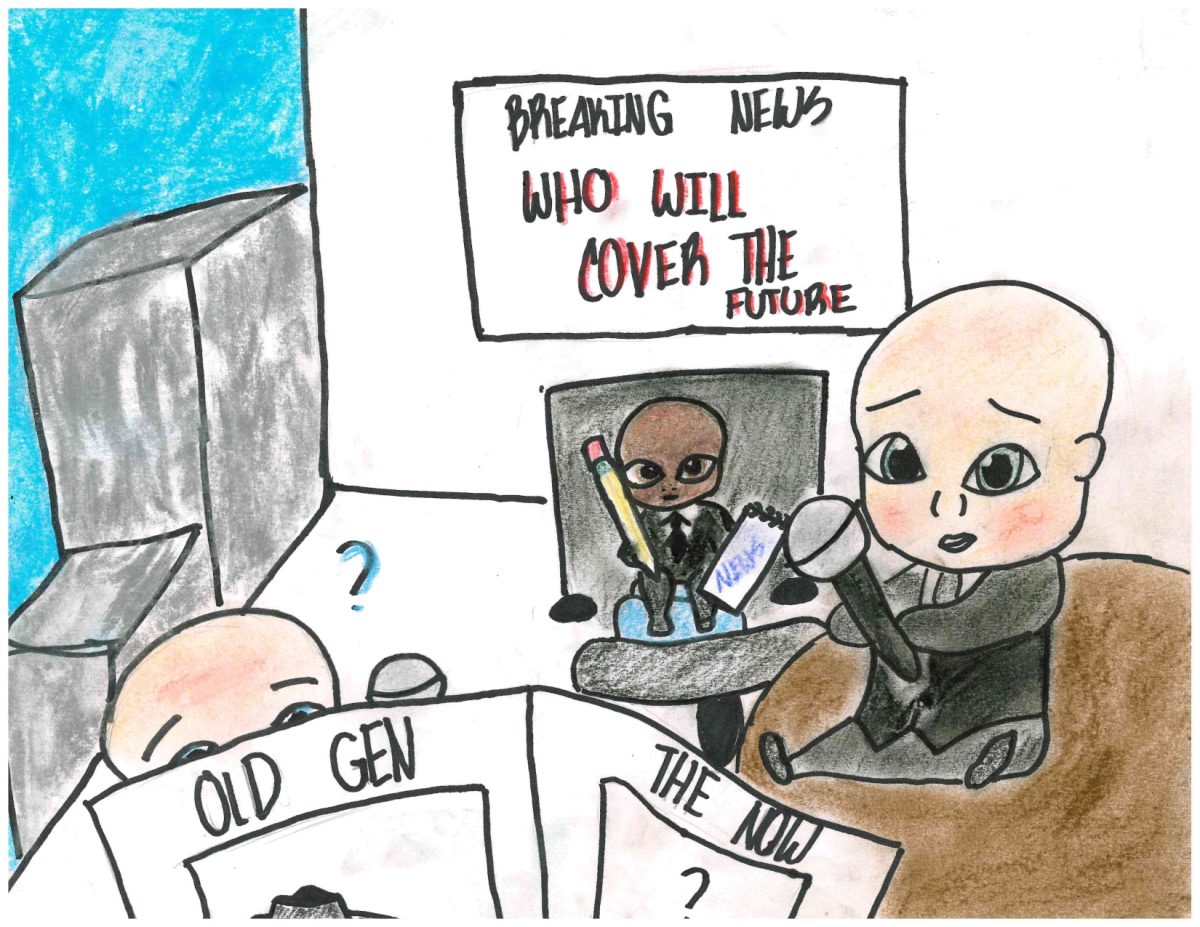Just by being on social media the last few months, you may have seen an exceeding amount of posts and videos promoting things like excessive exercise and limited food intake.
Diet culture is the pressure from influencers in the media to restrict food intake, limit what can be eaten and when it is okay to eat.
Diet culture has been around for centuries. The pressure to lose or gain weight through tight eating restrictions and excessive exercise has been a part of history going back to the Greeks and Romans, according to website Skyterra Wellness.
With the introduction of low carb, low sugar diets, people began looking for other options to satisfy the scale.
Over the COVID-19 pandemic, an alarming number of videos have popped up on the instagram explore page, Tik-Tok’s “For You” page and on YouTube’s suggestions box. With so much time available during the quarantine period, people began taking steps to a “healthier” lifestyle.
As people began to record their journeys and post videos of “What I Eat in A Day To Be Healthy,” viewers feel a pressure to mimic those choices, potentially leading to anxiety over food consumption, and eventually maybe an eating disorder. According to the National Eating Disorders Association, “Numerous correlational and experimental studies have linked exposure to the thin ideal in mass media to body dissatisfaction, internalization of the thin ideal, and disordered eating among women.”
When a ten year old girl is scrolling through her TikTok page and comes across a video of her favorite influencer promoting consuming four glasses of water and one salad the entire day, she begins to want to follow that pattern because “it’s okay because she did it.”
The media has been very influential when it comes to the promotion of unhealthy eating habits in younger generations. According to Harvard Nutrition Professor K.K Davison, “Today, more than ever, adolescents are prone to concerns about their weight, shape, size and body image, and as a result, diet to lose weight.”
The thought that we have to be “skinny” to be worth something is the idea that toxic dieting culture feeds us in order to get us to participate in their fads and trends. They hook us by showing us videos and pictures of paid actors and actresses smiling with insane substitutions and tiny portions. They sell the “keto diet” to us, or juice cleanses by showing people just how happy they could be if they participate.
We should try to filter out the things that negatively impact our mindset when it comes to eating, because it could lead to something serious.







